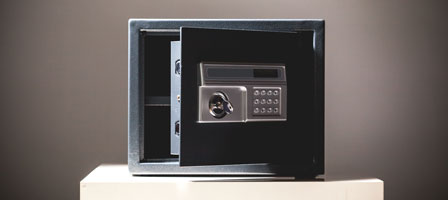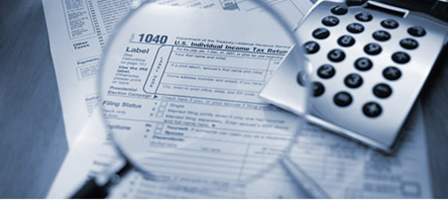ARE YOUR IMPORTANT TAX DOCUMENTS SAFE IN CASE OF A DISASTER?
Article Highlights:
- Potential Damage to Key Records
- Duplicating and Storing Remotely
- Digitizing Records and Storing Them on a Remote Server
- Protecting Key Photographs
You may think a natural or man-made disaster will never happen to you, but it can be a nightmare when it does. The 2017 hurricane season is a good example, not to mention the wildfires in the West, the tornados in the Midwest, plus the potential for inevitable earthquakes.
You could lose all of your tax records, business records, insurance policies, birth certificates, and other key documents.
You can help yourself by storing duplicates of important or irreplaceable documents in a waterproof container away from the original set. If you think this will be too difficult, at least keep the original documents in a waterproof container.
If you are computer savvy, an easier way to keep your records out of harm’s way is to store digital copies of the documents on a remote server (i.e., in the cloud). It may cost a few bucks, but the digital files will be there when you need them, regardless of what happens to your home or business location.
Most financial institutions these days provide all of their documents digitally, and you can store those documents on your remote server or even retrieve them from the financial institution’s website. However, before relying on the financial institutions, make sure they retain your records for long enough to meet your needs.
For example, you generally need to keep individual tax records for up to 3 years after the tax return due date for the tax year or the date when you filed the return, if it was filed after the due date. For example, your 2016 return was due April 18, 2017. If you filed it on or before April 18, the statute of limitations for the 2016 return would not run out until April 15, 2020. So, you would have to keep the records until then for the 2016 tax return. (The statute of limitations runs for 4 years for some states, and some records need to be kept longer for both federal and state purposes.) If some of your files are not already available digitally, you can always scan the originals to create digital copies.
Another very important thing to everyone is family photos. Modern-day pictures are digital, so you can save them on a remote server, or many photo services will save them online for you. For the older important ones, you can scan them or take digital pictures of them with your camera.
Another important document to have is a list of your home’s and business facility’s contents for insurance purposes. The quick and easy way is to take a video or pictures throughout the house or business showing the furnishings and equipment. A better method is to take the pictures or video and back them up with a detailed list of the items in each room.
Self-Help Publications:
- IRS Publication 2194, Disaster Resource Guide for Individuals and Businesses
- IRS Publication 583, Starting a Business and Keeping Records
- Tax Relief in Disaster Situations
- Federal Emergency Management Agency
- Small Business Administration
- Disasterassistance.gov
- Ready.gov
Please give this office a call if you have questions about retaining records or if we can provide any other assistance.







Leave a Reply
Want to join the discussion?Feel free to contribute!